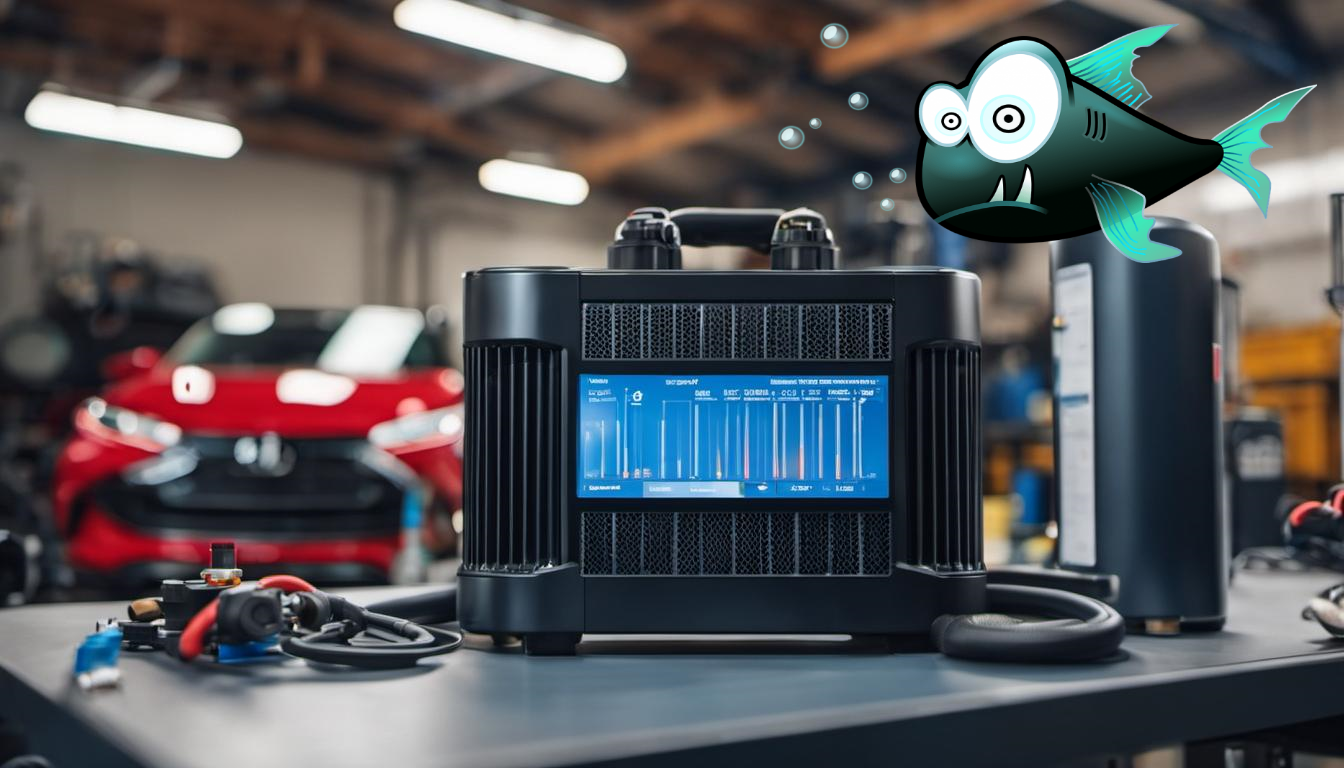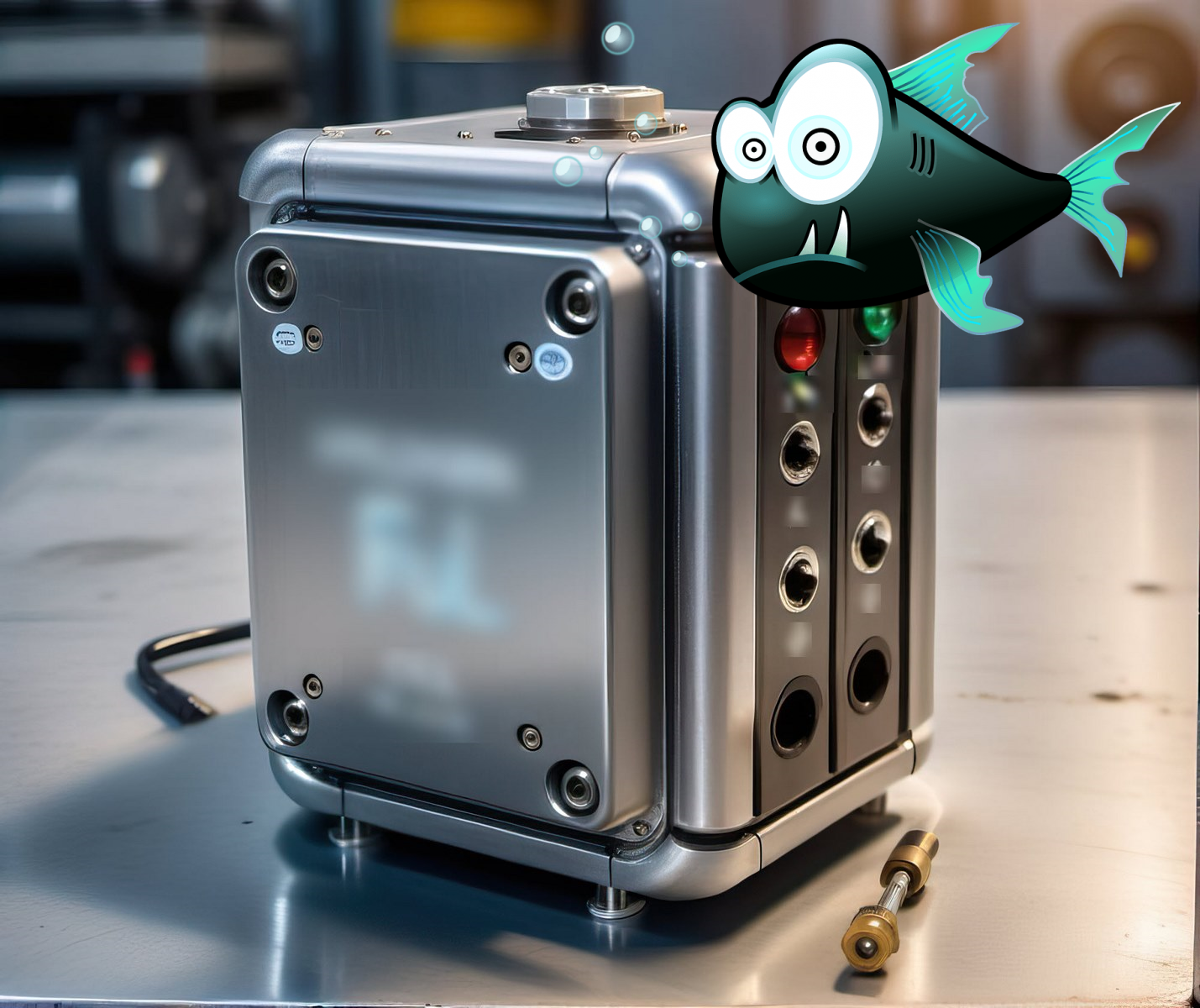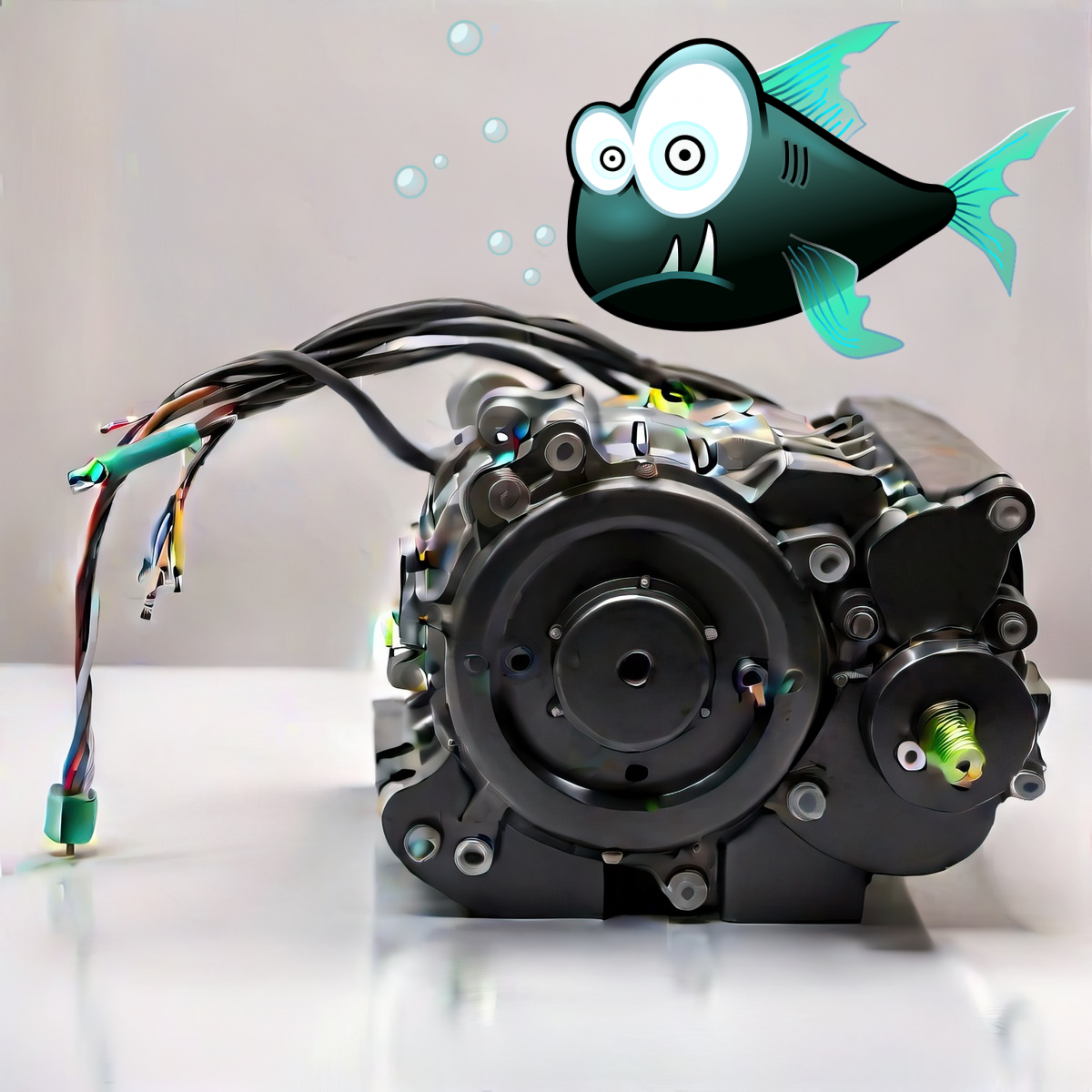Table of contents
ToggleEditor’s note: This article was of course an “April Fool’s joke” that our editorial team had prepared for April 1st…
The winter we’ve experienced reminds us not to take the impacts of climate change lightly. Therefore, we all must contribute to reducing the emissions generated during our off-road vehicle (ORV) outings. Among the alternatives to gasoline engines, we find the hydrogen fuel cell combined with electric propulsion.
A Consortium Tackles a New Type of Propulsion
We are still under embargo. Therefore, we cannot disclose all the details of this clean energy initiative. However, we have been allowed to present the main outlines exclusively.
Thus, three major players in the green energy industry have joined forces to successfully carry out a project that impacts the ORV and automotive industries. Each partner is responsible for a specific aspect. One is in charge of fuel cell development, the second of a compact electrolysis system, and the last of expertise in developing electric motors related to propulsion.
In the coming days, two members of our team will fly to Europe. They will have the opportunity to test Quad vehicles equipped with a hydrogen fuel cell. This will be their very first contact. All we can reveal for now is that these are series vehicles in which conversion kits have been installed. Thus, all elements of the powertrain of these vehicles have been replaced by components of this alternative propulsion.
A Big Announcement!
Today, we announce that the magazines Motoneiges.ca, InfoQuad.com, and SledMagazine.com have been selected as partners to conduct test benches. Thus, over the next two years, several members of our team will exclusively test multiple versions of prototypes on closed circuits, and later on trails. We will then be able to deliver our observations and recommendations to the hydrogen fuel cell development team.
Denis Lavoie comments with great pride about this unique and historic opportunity. “We have published several articles in recent years on alternatives to gasoline engines. This has caught the attention of people involved in this consortium. Our article on the possibility of hydrogen-powered ATVs particularly caught their eye. These texts showed them that we have the expertise to successfully carry out this partnership.”

“This partnership will certainly have significant repercussions on our operations,” Mr. Lavoie says. “Indeed, two to three of our collaborators will need to travel to the old continent several times for closed-circuit testing sessions. We will also need to choose a site in Quebec for the intensive field-testing phase. I managed to convince them that the eastern part of the province is ideal for putting their technology to the test. The diversity of terrain and our climate greatly favour us.”
Availability for Snowmobiles and ATVs!
Our new partners are working closely together to develop universal conversion kits for the most popular models of snowmobiles, ATVs, and side-by-sides. According to preliminary tests, the range improvements are significant. A snowmobile could benefit from a range of 175–200 km. For ATVs, a possible range of 275 km is observed. As for side-by-sides, we could easily exceed 300 km of range.
This is very encouraging considering the distances we will be able to cover daily. Needless to say, various government stakeholders view the progress of this major development in the recreational vehicle industry very favourably.

Affordable Electrolysis Systems
This group of companies has thought of everything. Indeed, by producing a compact and relatively affordable electrolysis system, owners will be able to refuel their vehicles with hydrogen at home. According to their estimates, the cost of the system will be around US$4,000 and will be of the “plug and play” type, as they like to remind us.
“These stations could easily be installed in relays, outfitters or other businesses. All they need are 110-volt outlets and water,” says Lavoie. The hydrogen refuelling time will vary depending on the volume of its tanks. We are talking about between 45 and 90 minutes depending on the type of vehicle.
Don’t Fall Into the Trap
“What impressed me was that this group didn’t fall into the trap of designing vehicles… The expertise and resources required to develop a quad or snowmobile platform are enormous. However, designing a conversion kit adapted to a chassis is much more accessible,” admits Mr. Lavoie.
“If they manage to integrate all the components, it will be a milestone in the transition to clean energy. To achieve this, they will have to distribute the weight in a way similar to the original powertrain, achieve comparable performance and not affect the vehicle’s dynamics. We are privileged to have a front-row seat to attend!”

Simply Put,
A fuel cell is an electric generator in which electricity is produced by oxidizing a reducing fuel on one electrode, coupled with the reduction of an oxidant, such as oxygen in the air, on the other electrode. The oxidation reaction of hydrogen is accelerated by a catalyst which is usually platinum.
What Does the Future Hold?
We are well aware that some novelties like the hydrogen fuel cell may frighten more than one. Nevertheless, we believe that we are working for the future of the industry and that is what motivates us.
One last scoop to finish… We are authorized to confirm to you that announcements by our partners are imminent.
We invite you to follow us on our magazines to follow this whole story closely!






